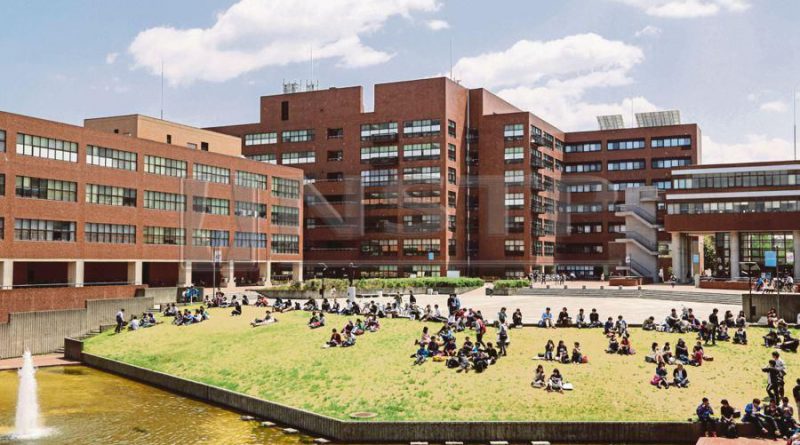Malaysia woos Japanese universities despite hurdles
TSUKUBA: Tsukuba, a leafy town just 40km north of Tokyo, has a population of just 223,000 people — small in size by Japanese standards.
But the size belies its reputation. Planned in the 1960s as an overspill town for Tokyo, Tsukuba has drawn a myriad of research institutes and universities, including the famed Tsukuba University.
The 1985 Expo confirmed Tsukuba’s status as Japan’s leading hi-tech R&D hub. By 2000, the city hosted 60 national research institutes and now around 19,000 researchers (40 per cent of Japan’s total) reside there.
Over the past 40 years, nearly half of Japan’s public R&D budget has been spent in Tsukuba. Some 7,500 foreign students and researchers from more than 130 countries are living in Tsukuba at any one time.
The city’s centrepiece is the sprawling Tsukuba University, covering an area of 258 hectares, making it the second largest single campus in Japan.
The university currently has 17,000 students and it is home to three Nobel laureates, including professor emeritus Hideki Shirakawa who won the chemistry prize in 2000.
The university may score another first. It has emerged as a frontrunner as the Malaysian government woos a few Japanese universities to set up a branch campus in Malaysia.
On a visit to Tokyo last month, Prime Minister Tun Dr Mahathir Mohamad said he hoped to see Japanese universities having their branches in Malaysia to enable Malaysian students to not only be exposed to Japan’s education system, but also to learn its culture.
“We thought the best way is to have Japanese universities in Malaysia. We have been striving to get Japanese universities’ branch campuses in Malaysia. Unfortunately, the law doesn’t allow them (for now).
“As you know, we have Australian and American universities in Malaysia, but no Japanese university,” he said in his commemorative speech after being conferred an Honorary Doctorate of the Doctor of Philosophy by Tsukuba University at its Tokyo campus.
The doctorate was conferred by the university’s President Prof Kyosuke Nagata.
Dr Mahathir said he hoped that Tsukuba University would consider the idea to come to Malaysia and open its branch campus.
Tsukuba University officials said that they were considering the idea.
“We are starting a feasibility study,” one of them told the New Straits Times in a recent interview in Tsukuba.
There are 43 Malaysians currently pursuing post-graduate and PhD programmes at Tsukuba out of a total foreign student population of less than 3,000.
There are of course challenges for Tsukuba or any other Japan-ese university spreading its wings abroad.
As a policy, until recently, Japanese universities are barred from setting up overseas campuses, but Japan’s Education Ministry has altered the policy, inspired by a request from Dr Mahathir.
“Our Ministry of Education decided to meet the request from Tun Dr Mahathir and has already amended its regulations to allow Japanese universities to seek establishment overseas,” Japanese Ambassador to Malaysia Dr Makio Miyagawa told Bernama in a recent interview.
He said his government had been approaching various Japan-ese universities and the response so far had been fairly positive and the most positive was from Tsukuba University.
“There are a couple of others, but Tsukuba University is now standing in the front row,” he said.
Miyagawa said one issue that had to be tackled before this could become a reality concerned the university’s status as an institution which is run with substantial subsidies from the government.
“The Japanese government has been consistently maintaining the policy of running the state-owned universities with reasonable fees so as to offer equal opportunities to both rich and poor families to choose the best and brightest for their students.
“So the problems we face seriously is although Tsukuba University is eager to set up a branch campus in Malaysia, they need a reasonable offer from the Malaysian private or public sector for the compound and the buildings and the in-house facilities, at least in the early years,” he said.
Muhamad Ezral Ghazali is a Malaysian student pursuing a doctoral programme at Tsukuba University in Japan.
Like other Malaysian students there, he dreams of seeing a Tsukuba University branch in Malaysia.
Source: NST




